We have to go into the despair and go beyond it, by working and doing for somebody else, by using it for something else
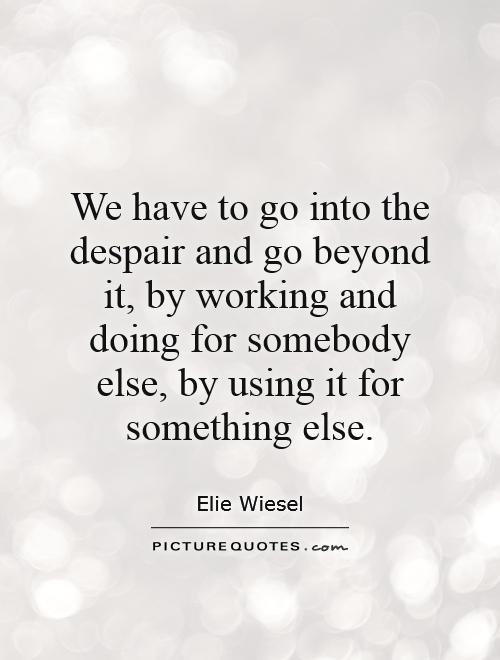
We have to go into the despair and go beyond it, by working and doing for somebody else, by using it for something else
Elie Wiesel, a Holocaust survivor and Nobel laureate, understood the depths of despair better than most. Having experienced the horrors of the concentration camps during World War II, Wiesel knew firsthand the darkness that can consume the human spirit. Yet, despite the unimaginable suffering he endured, Wiesel emerged from the ashes of despair with a message of hope and resilience.In his famous quote, "We have to go into the despair and go beyond it, by working and doing for somebody else, by using it for something else," Wiesel encapsulates his philosophy of turning tragedy into triumph. He believed that the only way to overcome despair is to channel it into something positive, to use it as a catalyst for change and transformation.
For Wiesel, the key to transcending despair lies in reaching out to others and making a difference in their lives. By focusing on the needs of others, we can shift our perspective from our own suffering to the suffering of those around us. In doing so, we not only alleviate the pain of others but also find purpose and meaning in our own lives.
Wiesel's own life exemplified this principle. After surviving the Holocaust, he dedicated himself to bearing witness to the atrocities he had witnessed and advocating for human rights and social justice. Through his writing, speaking engagements, and activism, Wiesel used his own experiences of despair to shine a light on the darkness of the world and inspire others to take action.
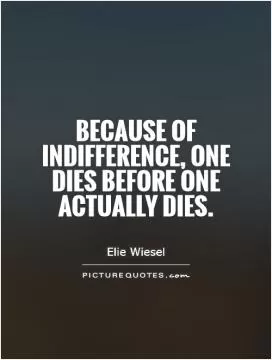
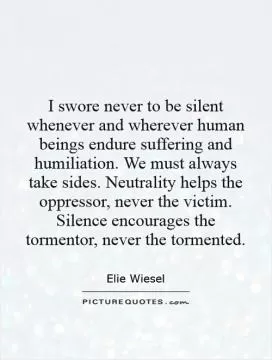



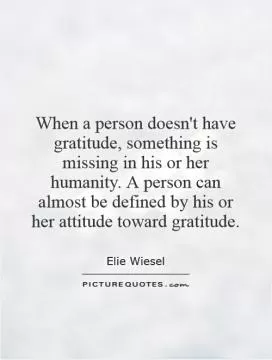
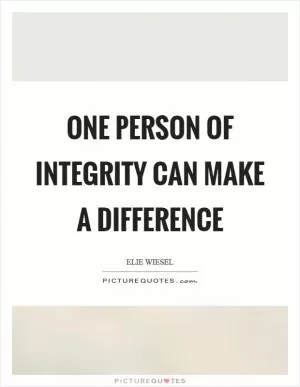

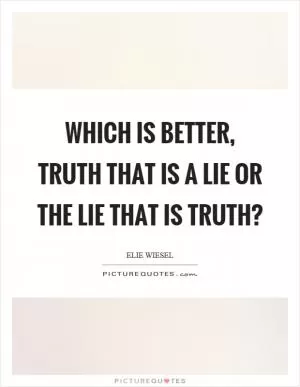
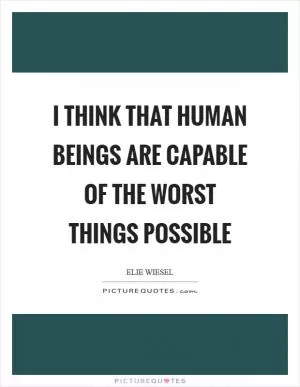


 Friendship Quotes
Friendship Quotes Love Quotes
Love Quotes Life Quotes
Life Quotes Funny Quotes
Funny Quotes Motivational Quotes
Motivational Quotes Inspirational Quotes
Inspirational Quotes